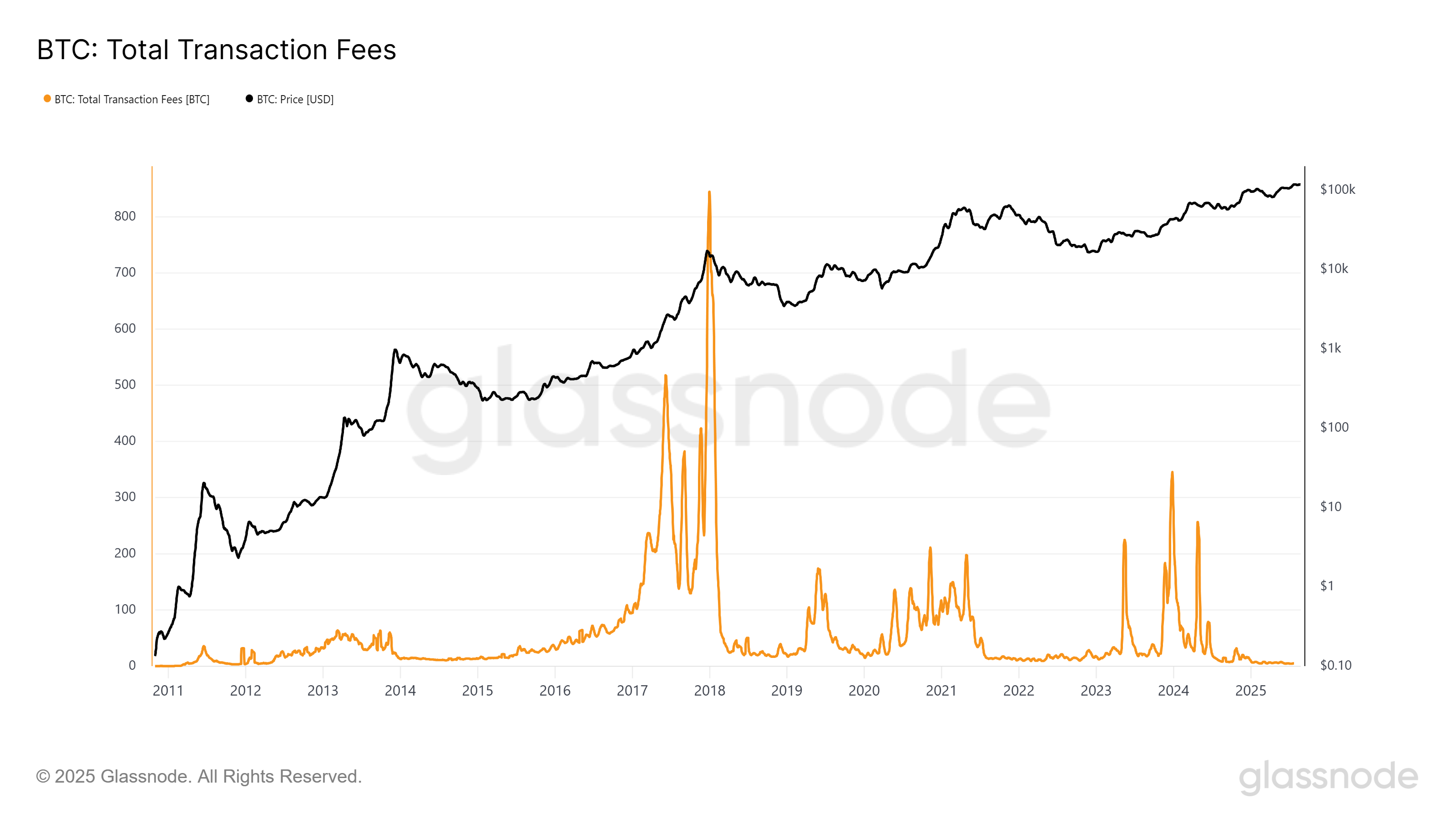Asia Morning Briefing: Bitcoin ETFs Slash Transaction Fees, Squeezing Miners Harder
Bitcoin ETFs just rewrote the rulebook—and miners are paying the price.
The Fee Squeeze
Traditional mining revenue streams face unprecedented pressure as institutional ETFs bypass costly on-chain transactions entirely. No more exorbitant gas fees, no more network congestion delays—just clean, efficient exposure.
Miners Left Behind?
While Wall Street celebrates frictionless entry, the backbone of Bitcoin’s security model watches revenue margins evaporate. Transaction fees once padded their pockets; now, ETFs siphon demand without contributing to network upkeep.
Finance’s Ironic Twist
Yet another case of Wall Street innovating by cutting out the very infrastructure it claims to embrace—because why support decentralization when you can just repackage it for a tidy profit?
Good Morning, Asia. Here's what's making news in the markets:
Welcome to Asia Morning Briefing, a daily summary of top stories during U.S. hours and an overview of market moves and analysis. For a detailed overview of U.S. markets, see CoinDesk's crypto Daybook Americas.
Bitcoin’s price is holding NEAR records, but the chain itself is quiet. Glassnode data shows transaction fees have collapsed back toward decade lows, even as BTC flirts with six figures.
In past cycles, fee spikes tracked bull markets as traders bid for blockspace. This year, the fee curve is flat while price rises, a clear sign that onchain demand is no longer driving the market.

A new report from Galaxy Research shows median daily fees have fallen more than 80% since April 2024, with as much as 15% of daily blocks now clearing at just 1 satoshi per vbyte. Nearly half of recent blocks are not full, signaling weak demand for blockspace and a dormant mempool.
This is a sharp contrast to prior bull cycles, where price rallies translated into congestion and fee spikes.
The data confirms a structural shift: spot ETFs and custodians now hold more than 1.3 million BTC, and coins parked in those wrappers rarely touch the chain again.
At the same time, retail activity that once clogged the Bitcoin blockchain has migrated to Solana, where memecoins and NFTs benefit from cheaper and faster execution. The result, Galaxy notes, is that the Bitcoin price is being set by custodial inflows while the network's onchain demand – once a proxy for price movement – has slowed down.
For miners, this dynamic is particularly punishing. With rewards halved to 3.125 BTC and fees contributing less than 1% of block revenue in July, profitability is under strain. That stress is pushing listed miners to diversify into AI and HPC hosting.
A report from earlier this year by Rittenhouse Research argues that Galaxy Digital’s MOVE out of mining altogether could be the model for the sector.
This move has been applauded by the equity markets. While BTC is down more than 3% on-year, the CoinShares Bitcoin Mining ETF has gained nearly 22%. Investors are rewarding firms that have leaned into diversification rather than relying on block rewards alone.
Listed miners tell a similar story. Hive, Core Scientific, and TeraWulf all reported Q2 results padded by HPC and AI hosting revenues.
Those with no diversification, like Bitdeer and BitFuFu, remain deeply exposed to electricity costs, equipment depreciation, and a fee market that Galaxy warns in its report is “anything but robust.”
The juxtaposition is telling: Galaxy’s own research warns that the bitcoin blockchain's settlement role is stagnating, while Galaxy's balance sheet is being repositioned for growth in AI data centers.
Onchain data makes the point: without organic demand for blockspace, fees can’t fund security. And if fees stay low, equity markets are painting a clear picture that mining sector’s best future returns may come from AI, not Bitcoin.
Market Movements
Bitcoin traded at $113,286.95, down 1.79%, after briefly plunging to a six-week low near $110,600, with the broader crypto market facing heavy liquidations and volatility.
: Ether traded flat at $4,779 as Jerome Powell’s dovish Jackson Hole remarks boosted expectations of a September rate cut, with asset managers predicting new highs for bitcoin and an ETH breakout above $5,000 despite risks from treasury adoption and equity volatility.
Gold closed at $3,371 after Powell’s dovish Jackson Hole remarks boosted September rate-cut odds.
Asia-Pacific stocks climbed Monday, with Japan’s Nikkei 225 up 1.08%, after Powell signaled potential Fed rate cuts in September during his Jackson Hole speech.
Elsewhere in Crypto
- The Funding: Why raising a crypto VC fund is harder now — even in a bull market (The Block)
- Why Luca Netz Will Be 'Disappointed' If Pudgy Penguins Doesn't IPO Within 2 Years (Decrypt)
- KPMG Says Investor Interest in Digital Assets Will Drive Strong Second Half for Canadian Fintechs (CoinDesk)

